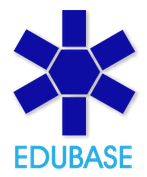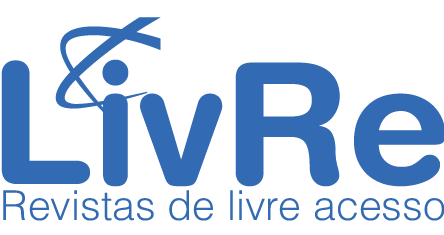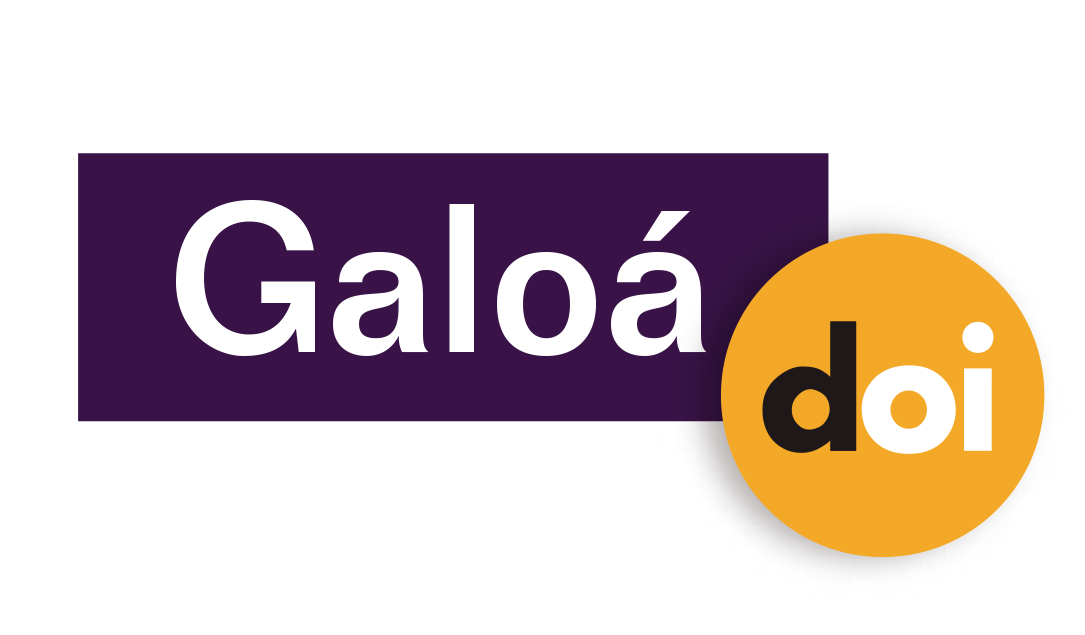Becoming a mathematics teacher educator: Identifying Characteristics of learning opportunities
Resumo
Background: This paper aims to characterize learning opportunities of novice mathematics teacher educators (MTEs) when they plan, facilitate, and reflect on a practice-based professional development program for secondary mathematics teachers. Objectives: The aim of the study is to characterize novice mathematics teacher educators’ learning opportunities when they design and implement a practice–based professional development for mathematics secondary teachers. Design: This is a qualitative-interpretative study seeking to understand the subjective experiences and perspectives of the novel mathematics teacher educators as well as uncover the meanings that participants attribute to their lives and experiences. Setting and Participants: The study was developed in a practice-based development course involving three novice MTEs and an expert MTE with diverse academic and professional backgrounds. Data collection and analysis: Data are the transcriptions of ten video-recorded planning sessions (sessions aimed at designing and reflecting on the enactment), and we carried out a systematic content analysis involving data organization, coding, theme development, and reflexivity. Results: Findings illustrate three features of the interactive settings defining MTEs’ learning opportunities: (i) Problematizing what has been assumed; (ii) Seeking a balance between cognitive, social, and affective aspects; and (iii) Modelling the expert MTE’s role as a broker. Conclusions: The dynamic interplay of these features defines learning opportunities for the novice MTEs, conveying the idea of learning defined by different, changing aspects over time, constantly being shaped by its diverse components that contribute in varying ways at different times.
Palavras-chave
Texto completo:
PDF (English)DOI: https://doi.org/10.64856/acta.scientiae.8401
Apontamentos
- Não há apontamentos.
Direitos autorais 2025 Alessandro Ribeiro, Salvador Llinares

Esta obra está licenciada sob uma licença Creative Commons Atribuição 4.0 Internacional.
ANÚNCIOS
Informamos que, a partir de outubro de 2025, devido ao grande número de artigos na fila de submissão, está suspenso o aceite de submissões. Rebriremos em fevereiro de 2026.
Mais, informamos que sites fraudulentos, https://periodicos-ulbrabr.org e https://periodicos-ulbrabra.org, estiveram se passando pela Acta Scientiae, utilizando nosso nome e identidade visual e até solicitado taxas de APC, que nós não cobramos. Aconselhamos cautela para evitar serem enganados por sites semelhantes.
Conceito A2 na Capes(2021)
Índice h5 do Google Scholar: 13
Índice mediana h5 do Google Scholar:24
eISSN: 2178-7727
Indexações:
A Acta Scientiae é indexada em: | Scopus |  | Latindex |  | Edubase (SBU/UNICAMP) |
 | Sumarios.org |  | Google Scholar |  | Portal LivRe (CNEM) |
 | Journals for Free |  | REDIB |  | Galoá DOI |

Todos os trabalhos publicados aqui estão sob uma licença Creative Commons - Atribuição 4.0 Internacional.
